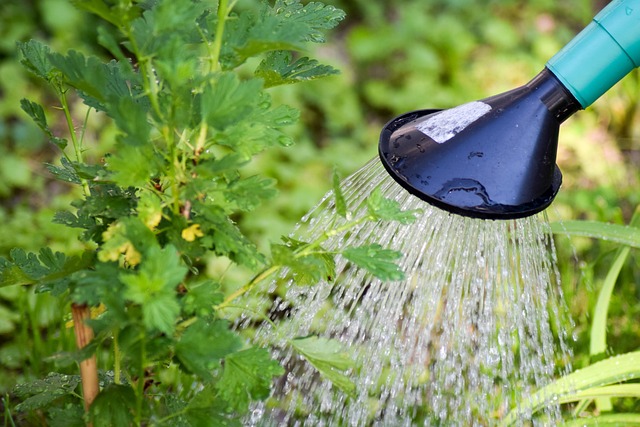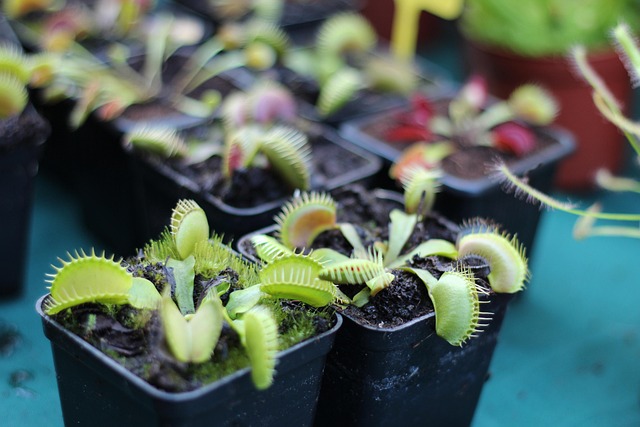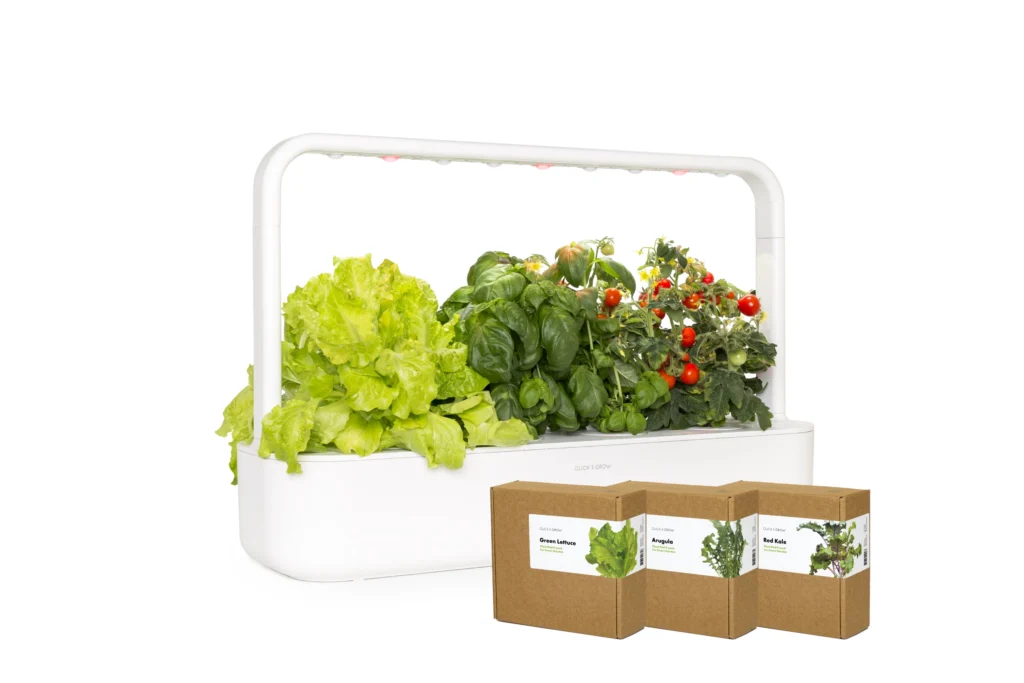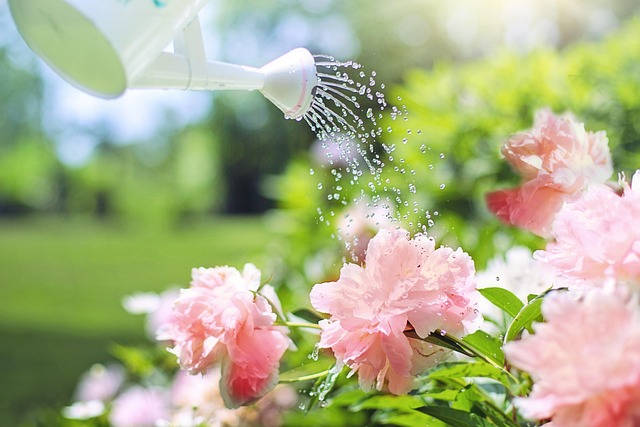Watering plants seems simple, but it’s one of the most common challenges for plant owners. Whether you’re a seasoned plant parent or a beginner, knowing how often to water plants is key to keeping them healthy and thriving. Overwatering and underwatering are the top reasons houseplants fail, so getting it right is essential.
Table of Contents
Why Watering Plants Correctly Matters
Water is the lifeblood of plants, but too much or too little can cause serious problems. Overwatering can lead to root rot, mold, and pest infestations while underwatering can result in dry, wilted, or yellowing leaves. The key to success is understanding your plant’s specific needs and creating a watering routine that works for its environment.

Factors That Determine How Often to Water Plants
- Type of Plant
Different plants have different water requirements. For example, succulents and cacti need infrequent watering, while tropical plants like ferns and peace lilies prefer consistently moist soil. Always research your plant’s specific needs. - Pot Size and Material
Smaller pots dry out faster than larger ones so they may need more frequent watering. Additionally, porous materials like terracotta allow soil to dry out quicker than plastic or ceramic pots. - Soil Type
Well-draining soil is crucial for most plants. Heavy, water-retentive soil can lead to overwatering, while sandy or fast-draining soil may require more frequent watering. - Light and Temperature
Plants in bright, sunny spots or warm rooms will dry out faster than those in low-light or cooler areas. Adjust your watering schedule based on the conditions in your home. - Humidity Levels
High humidity slows down evaporation, meaning plants in humid environments may need less frequent watering. In dry climates, plants may need more water. - Seasonal Changes
Most plants grow actively in spring and summer, requiring more water during these seasons. In fall and winter, growth slows down, and plants typically need less frequent watering.
How Often Should You Water Plants? A General Guide
While every plant is unique, here are some general guidelines to help you determine how often to water plants:
- Check the Soil Moisture
The best way to know if your plant needs water is to check the soil. Stick your finger about 1-2 inches into the soil. If it feels dry, it’s time to water. If it’s still moist, wait a few more days. - Water Thoroughly but Infrequently
When you water, soak the soil until water drains out of the bottom of the pot. This ensures the roots get enough moisture. Avoid frequent light watering, as it can lead to shallow root growth. - Use the Right Water
Tap water is fine for most plants, but some sensitive species may prefer distilled or filtered water. Avoid using water that’s too cold, as it can shock the roots. - Observe Your Plant
Your plant will often tell you when it’s thirsty. Drooping leaves, dry soil, and browning tips are signs of underwatering, while yellowing leaves and a musty smell may indicate overwatering.

How Often to Water Common Houseplants
Here’s a quick reference guide for some popular houseplants:
- Succulents and Cacti: Water every 2-4 weeks, allowing the soil to dry out completely between waterings.
- Snake Plant: Water every 2-3 weeks, as they prefer dry conditions.
- Pothos: Water every 1-2 weeks, depending on light and temperature.
- Fiddle Leaf Fig: Water every 1-2 weeks, ensuring the top inch of soil dries out between waterings.
- Peace Lily: Water once a week or when the top inch of soil feels dry.
- Spider Plant: Water every 1-2 weeks, keeping the soil slightly moist.
- Monstera: Water every 1-2 weeks, allowing the top 2 inches of soil to dry out.

Smart Garden 9 + The Salad Lovers Kit
The Smart Garden 9 is the most advanced and easiest indoor gardening solution. Plug it in, fill the tank, and your smart garden will take care of the rest. Comes complete with plant pods containing Romaine Lettuce, Green Lettuce, and Red Kale plant pods that’ll last you up to 5 months.
Tips for Watering Plants Like a Pro
- Use a Moisture Meter
A moisture meter is a handy tool that measures the moisture level in the soil, taking the guesswork out of watering. - Choose the Right Pot
Ensure your pot has drainage holes to prevent water from pooling at the bottom. If you love decorative pots without holes, use them as cache pots and place a nursery pot inside. - Adjust for Seasons
Reduce watering frequency in fall and winter when plants are dormant. Increase it during the growing season (spring and summer). - Group Plants with Similar Needs
Grouping plants with similar watering requirements makes it easier to care for them and ensures they all get the right amount of water. - Learn from Mistakes
If you notice signs of overwatering or underwatering, adjust your routine accordingly. Plants are resilient and can often recover with proper care.
Signs You’re Overwatering or Underwatering Plants
- Overwatering: Yellowing leaves, soggy soil, moldy smell, and root rot.
- Underwatering: Dry, crispy leaves, wilting, and soil pulling away from the edges of the pot.

Final Thoughts: How Often to Water Plants for Optimal Health
Watering plants doesn’t have to be complicated. By understanding your plant’s specific needs and paying attention to factors like light, temperature, and soil moisture, you can create a watering routine that keeps your plants healthy and happy. Remember, it’s better to be underwater than overwater most plants can recover from a little dryness, but root rot from overwatering can be fatal.
So, the next time you ask yourself, “How often should I water plants?” remember that the answer lies in observing your plants, understanding their needs, and adjusting as necessary. With a little practice, you’ll become a pro at keeping your green friends thriving all year round.
Pro Tip: Bookmark this guide or share it with fellow plant lovers to help them master the art of watering plants. And don’t forget to follow us for more plant care tips and tricks!
By following these guidelines, you’ll not only keep your plants alive but also help them flourish. Happy planting!
Related Post
Choosing the Best Container for Indoor Plants
The Ultimate Guide to Growing Indoor Herbs for Your Office
